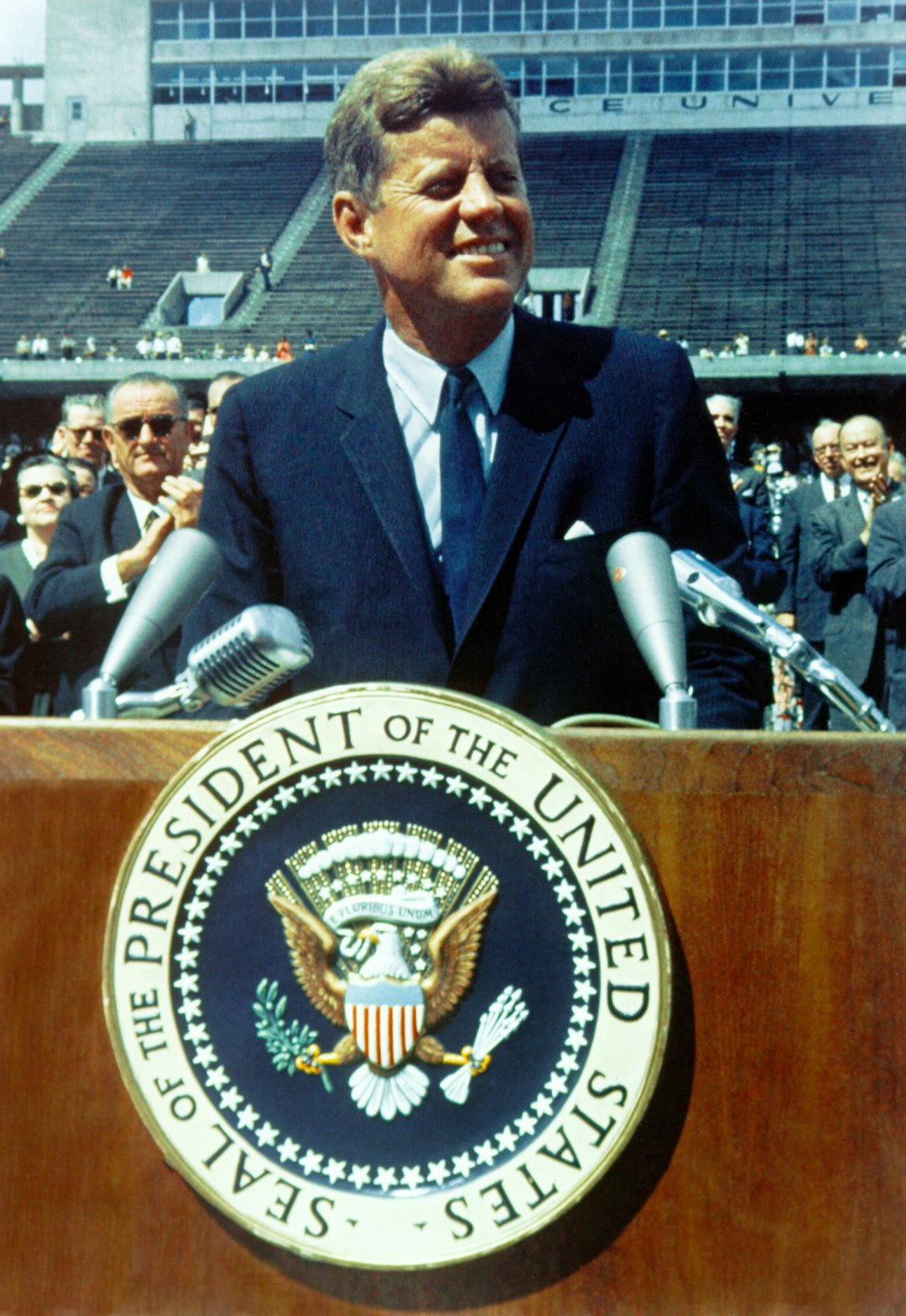Belief exhaustion (part one)
‘when you’re tired as hell, and can’t believe in it anymore’
Last time here, I explored the psychology and neuroscience of ZEIFs – zealots, extremists, ideologues, and fanatics. Long argument short: we have only a few tools from psychology and neuroscience to understand this fraction of the population. But we can make some predictions about the underlying dynamics of ZEIFs, for sure.
I also introduced a new concept - “belief exhaustion” – ‘when you’re tired as hell, and can’t believe this stuff anymore’ (to misquote Network): the emotional and psychological toll on individuals who try to rigidly adhere to extreme beliefs or ideologies - and this relentless commitment to an intense set of beliefs eventually leads to mental and emotional fatigue, resulting in them giving up their convictions.
They just give these beliefs up – because it’s all too demanding to believe anymore.
Not everyone who holds extreme beliefs will experience belief exhaustion - but some people certainly do, giving up their certainties and walking away whenever they can. The collapse of political regimes is instructive: one can’t imagine Walter Ulbricht, zealous architect of the Berlin Wall, ever tiring of his beliefs. But East Germans in general certainly did - the speed of the collapse of the East German belief system was remarkable - the shared reality dissolved quickly and irreversibly, and the former German Democratic Republic was consigned to the history books by its own people - a people who, not long before, were willing imprison or kill those who tried to leave.
There’s a vast literature in psychology on beliefs, belief formation, belief change, belief transmission, belief heuristics, belief schemas etc. It’s voluminous and interesting. But it strikes me that this literature just doesn’t really tackle this category – the now-heretics who have walked away from their tribe – throwing their old lives with their certainties and nostrums and hierarchy and rewards and rituals away. It’s the psychological equivalent of an eschatological ‘dark night of the soul’, where they have a crisis of belief, and release that ‘enough is enough’.
Belief Evolution
To be clear, I don’t mean subtle belief revision of the following type:
Gregory Markus conducted what is now a classic US study of the consistency of political beliefs tracked political attitudes of individuals over a nine-year period, examining how individual’s attitudes shifted from liberal to conservative positions over time. (I make no judgement here on either conservative or liberal political identification - I would just note these words means very different things in US and European political traditions).
Crucially, respondents were asked to state how conservative they remember they were on the previous occasion that their conservatism was measured. This allows you to compare what people say now with what they said previously about their political orientation. The results were striking: people remembered themselves as being more conservative nine years before than they actually were at that time. Their recall of what they were like at some point in the past was modified to be consistent with their present political attitudes. Their beliefs changed over time, and they didn’t especially realise this.
Our future beliefs
Our "future beliefs" are the beliefs we may come to have in the future - do you know what beliefs you might come to have in 2029? Assuredly not - the question is a bit daft. We do not sit around in our groups, thinking hard about the things we might come to believe in the future. A conclave of cardinals in the Vatican does not sit there thinking ‘…when we all become atheists - when we decide to desist from our beliefs in four years time…’
There are other pressures at work, too:
Imagine, for a moment, if a valued, important, and high-status member of a community turned around and said, ‘Actually, this is all nonsense, and what we’ve been saying to each other is untrue. Let’s just give up our belief in the tooth fairy.’ Four-year-olds will rebel against this assertion, eight-year-olds probably not. Adults are not, in any way, immune to these self-same processes. Imagine if the Pope were to wake up one morning, declare his atheism to the world and further assert that the past 2,000 years of Christian belief had been misguided and untrue. Will the believers within the institutional Catholic Church or the religious community at large accept the word of the Pope in these circumstances, shrug their shoulders and assume a new posture of atheistic disbelief? Of course not. He would be removed from office and a substitute with more congenial beliefs elected in his place. As the Stoic philosopher Seneca put it: ‘Everyone prefers belief to the exercise of judgement.’
(Quoted from Talking Heads: The New Science of How Conversation Shapes Our Worlds)
Collective Memories: how we get from neurons to neighbourhoods to nations
Our future self: The stranger we are unable to imagine, and yet will come be
Dynamics of belief exhaustion
There’s lots going on - here’s a few possibilities (below the fold: classification of the dynamics; contributing personality and cognitive factors; Existential crisis; Problems with measuring belief exhaustion; extras; Part Two follows next time):





